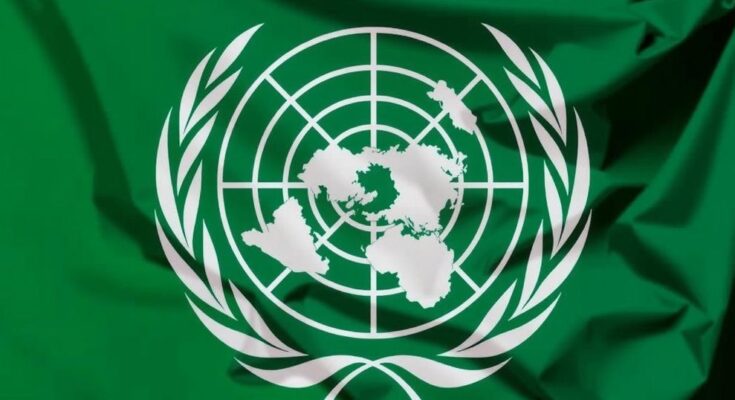Western diplomats in Kenya have raised alarms over arbitrary arrests and enforced disappearances as the nation joins the UN Human Rights Council. Human rights groups note rampant abuses against critics, compounded by alarming violence against women. Recent events highlight the need for immediate reform and protections, with emphasized calls for investigations into human rights violations perpetrated by state authorities.
In Nairobi, Western diplomats have expressed serious concerns about escalating incidents of arbitrary arrests and enforced disappearances in Kenya. As the nation takes its seat on the United Nations Human Rights Council, nine ambassadors and high commissioners voiced their support for driving political will towards meaningful reform. These troubling reports are compounded by alarming accounts from human rights groups regarding the government’s treatment of critics, leading to public outcry. The recent abduction of four Turkish asylum seekers, despite their registration with the United Nations, has underscored these concerns. Amnesty International Kenya highlighted that such actions starkly violate the principle of non-refoulement, a legal tenet protecting individuals from being sent back to situations where they risk torture or harm. The Kenyan government faces mounting scrutiny over its handling of these cases. The Kenya National Commission on Human Rights revealed shocking statistics, citing 60 investigations into extrajudicial killings and 71 cases of abductions since June. Amid rising tensions, a wave of anti-government protests culminated in violence, leaving several demonstrators dead. Additionally, a disturbing trend of gender-based violence has emerged, with police reporting 97 women’s murders in just three months. The harsh reality facing women in Kenya was made palpable by the grim discoveries of mutilated bodies, raising deep fears about safety. This violence against women, including the dismemberment case involving nine bodies found in Nairobi, points to an urgent need for intervention. Notably, a prominent activist, Boniface Mwangi, was detained recently by unidentified individuals, further exemplifying the government’s crackdown on dissent.
The backdrop to the current situation in Kenya is a troubling history of human rights abuses, particularly concerning political dissent. The nation’s recent election to the UN Human Rights Council has amplified scrutiny over its domestic policies. Reports indicate a climate of fear, with citizens intimidated by arbitrary arrests and disappearances. Human rights organizations are increasingly vocal about the need for accountability and reform in a nation struggling with political unrest and social violence.
The rise in arbitrary arrests, enforced disappearances, and violence against women presents a grim picture of the human rights landscape in Kenya. As the nation steps into a role on the UN Human Rights Council, the international community is watching closely. The hope remains that these concerns will galvanize action and reforms to protect human rights and ensure justice for victims. Continued advocacy and pressure from human rights organizations and foreign envoys will be crucial in shaping Kenya’s response to these pressing issues.
Original Source: apnews.com



